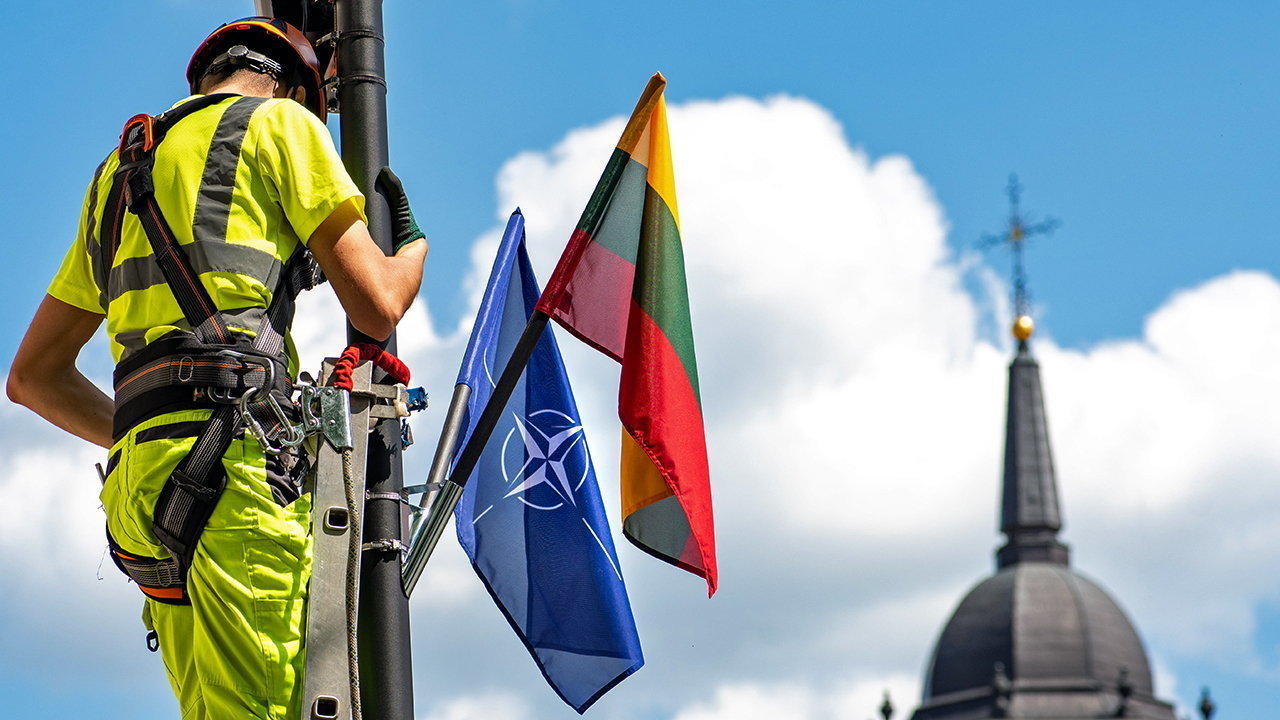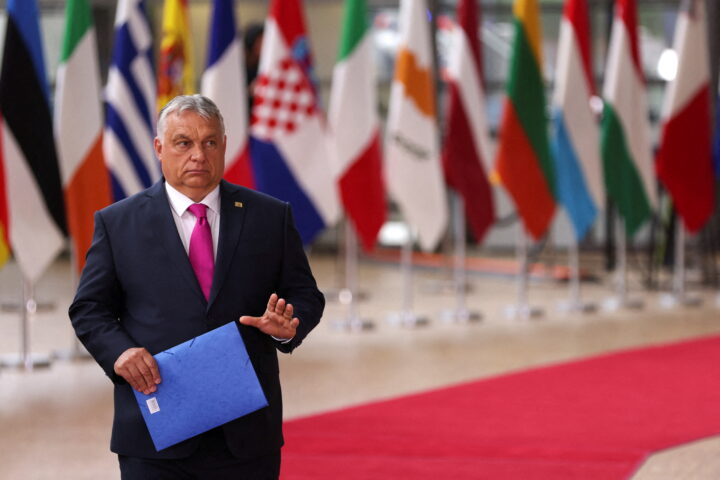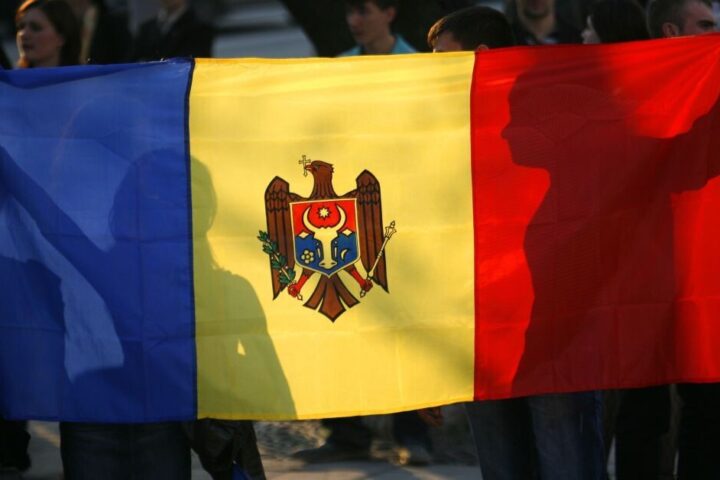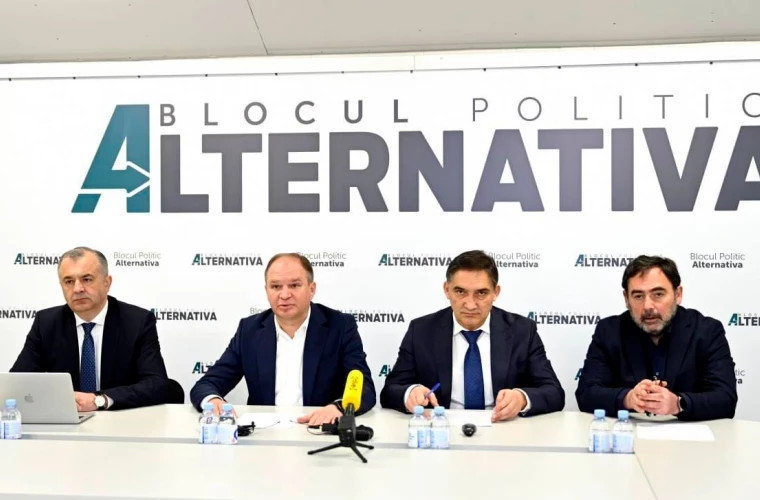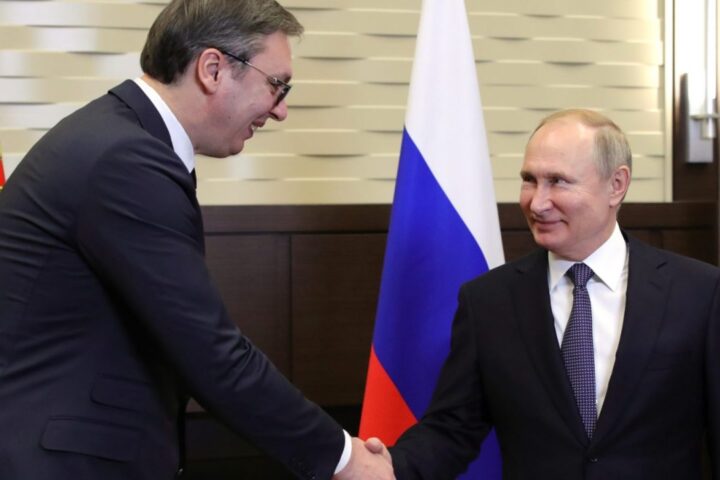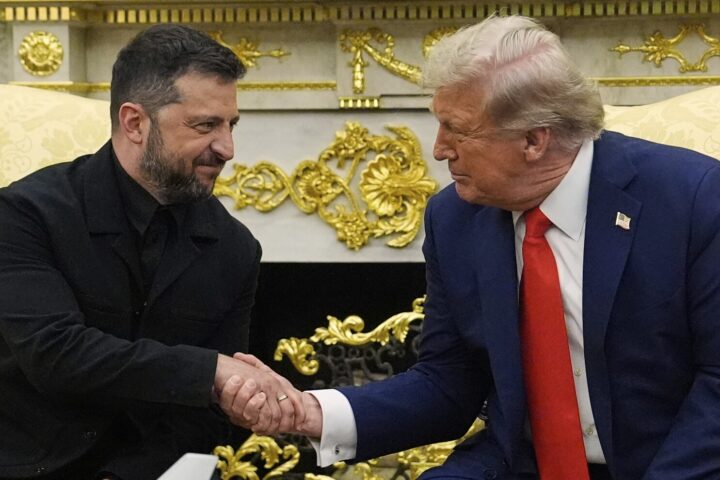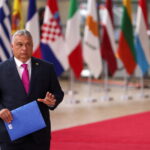European Commission President Ursula von der Leyen acknowledged on September 1, 2025, during a visit to Lithuania, that the Baltic states face serious military threats from Russia. She stressed that the European Union must quickly and substantially strengthen its defense posture. Von der Leyen announced that at the October informal European Council meeting, the Commission will present a five-year defense roadmap. The plan will include an analysis of defense investments, identification of capability gaps, and concrete proposals to address them.
Support for Lithuania’s border security
Von der Leyen underlined that the EU has already financed a special program to reinforce Lithuania’s borders, amounting to €327 million. She confirmed that the Commission intends to allocate additional funds for Lithuania’s security, including the purchase of helicopters and surveillance of rail connections between Russia and its Kaliningrad exclave crossing Lithuanian territory. According to her, these measures will be part of broader EU efforts to help member states withstand increasing hybrid and military pressure. Local media reported that the additional funding will also target control of Russian trains heading to Kaliningrad.
Lithuania fortifies defenses against hybrid threats
Lithuania has recently stepped up its defensive measures. On August 30, the Lithuanian army announced new barriers on unused roads near Russia and Belarus to strengthen border security. Army commander General Raimundas Vaikšnoras said these engineering works were integrated into a single system designed to bolster the defensive line of all three Baltic states. The EU’s weak spot remains the Suwałki corridor, a narrow stretch linking Lithuania and Poland, which is considered a potential flashpoint. Its disruption could isolate the Baltics from the rest of NATO territory.
Growing concerns over Belarus and Russian tactics
Given Belarusian leader Alexander Lukashenko’s close alliance with Moscow, Lithuania decided in July to deploy additional air defense systems along its border with Belarus. This step followed repeated drone incursions into Lithuanian airspace. NATO has also documented a series of Russian hybrid attacks in recent years, including espionage, sabotage, cyber intrusions, disinformation campaigns, and the appearance of unidentified armed groups near the Belarusian frontier. German intelligence has warned that the Kremlin may test NATO’s unity by fostering controlled chaos in the Baltics rather than launching open conflict, undermining trust in the Alliance’s Article 5 commitment to collective defense.
